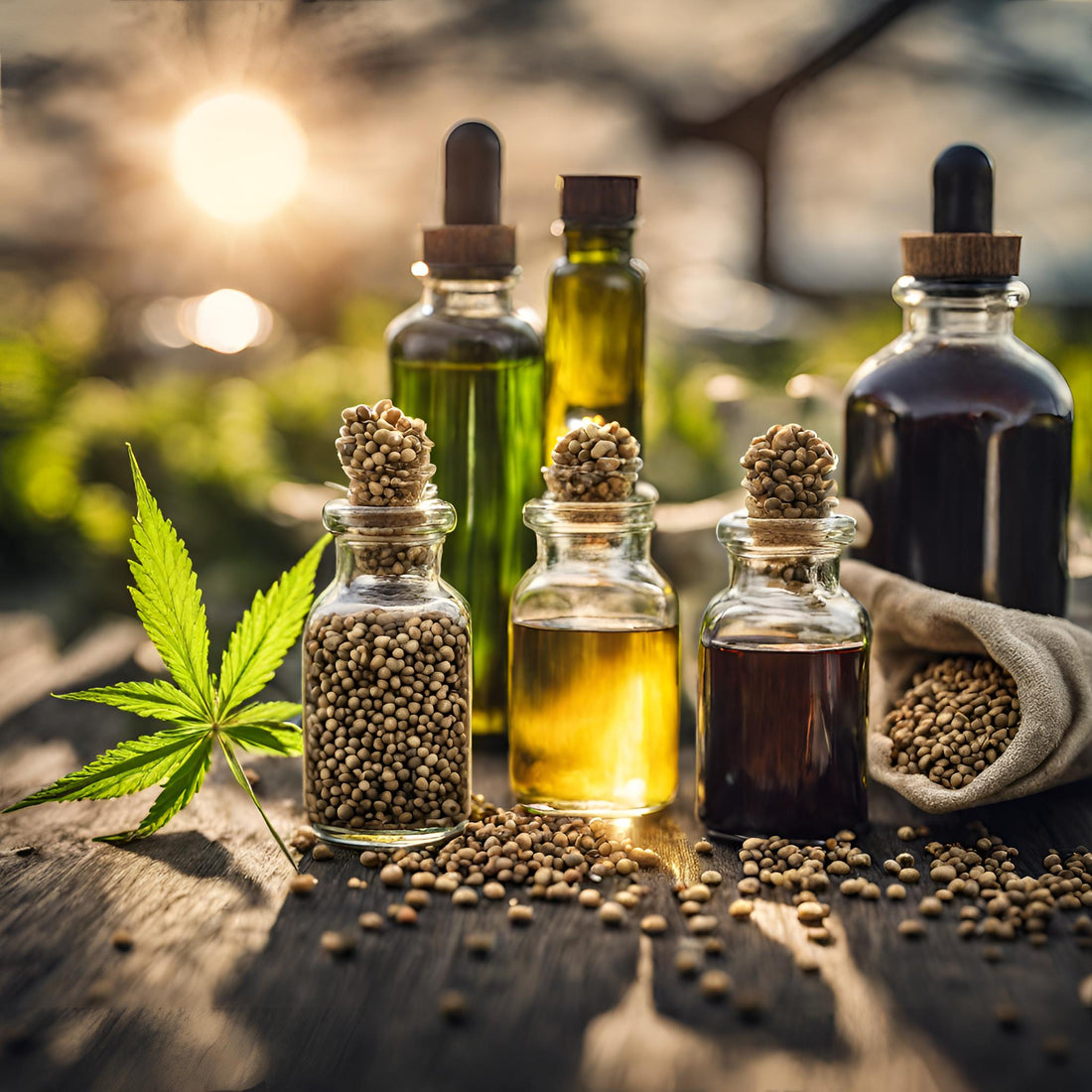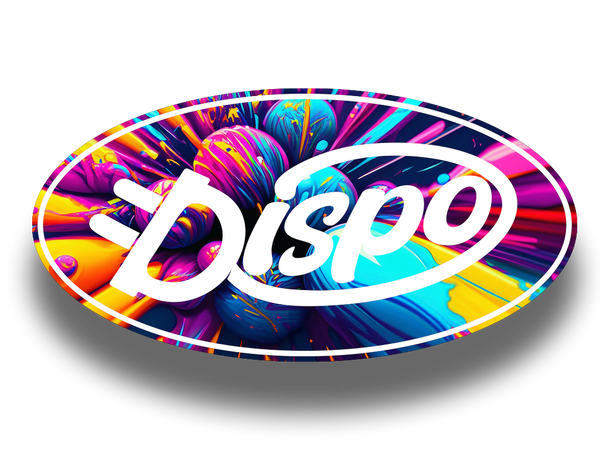
The Rise of CBD: Exploring the Benefits and Misconceptions
Share
In recent years, CBD (cannabidiol) has surged into the spotlight, captivating consumers and researchers alike with its potential health benefits and versatility. Derived from the cannabis plant, CBD is non-psychoactive, meaning it doesn't produce the "high" associated with its counterpart, THC (tetrahydrocannabinol). As interest in natural remedies and alternative medicine grows, CBD has become a popular topic of discussion. In this blog post, we'll delve into the world of CBD, exploring its benefits, uses, and dispelling common misconceptions.
Understanding CBD
CBD is one of over a hundred cannabinoids found in the cannabis plant. Unlike THC, which binds to receptors in the brain and produces psychoactive effects, CBD interacts with the body's endocannabinoid system, a complex network of receptors responsible for maintaining balance and homeostasis. This interaction is believed to influence various physiological functions, including mood, sleep, appetite, pain perception, and immune response.
The Benefits of CBD
Research into the potential benefits of CBD is still in its early stages, but preliminary studies and anecdotal evidence suggest that it may offer several therapeutic effects:
- Pain Relief: CBD has shown promise in alleviating chronic pain by interacting with neurotransmitters and reducing inflammation.
- Anxiety and Depression: Many users report feeling a reduction in symptoms of anxiety and depression after using CBD, although more rigorous studies are needed to confirm these effects.
- Sleep Disorders: CBD may help improve sleep quality and duration, making it a potential natural remedy for insomnia and other sleep disorders.
- Neuroprotective Properties: Some studies suggest that CBD could have neuroprotective properties, potentially benefiting those with neurological disorders like epilepsy and Parkinson's disease.
- Skin Health: CBD-infused skincare products are gaining popularity for their potential anti-inflammatory and antioxidant properties, which may help with conditions like acne, eczema, and psoriasis.
Debunking Common Myths
Despite its growing popularity, CBD is often surrounded by misconceptions. Let's address some of the most common ones:
- CBD is psychoactive: False. Unlike THC, CBD does not produce psychoactive effects, meaning it won't make you feel "high."
- CBD is addictive: There's no evidence to suggest that CBD is addictive or habit-forming.
- CBD works for everyone: While many people find relief with CBD, its effects can vary depending on factors like dosage, individual biochemistry, and the quality of the product.
- All CBD products are the same: Not true. CBD products vary widely in quality, potency, and formulation, so it's essential to research and choose reputable brands.
Conclusion
As interest in natural remedies and holistic wellness continues to grow, CBD has emerged as a promising option for those seeking alternative forms of relief. While research into its potential benefits is ongoing, many users swear by its effects for various health concerns. However, it's crucial to approach CBD with an understanding of its limitations and potential risks, as well as to consult with a healthcare professional before incorporating it into your routine, especially if you're taking other medications.
Whether you're looking to alleviate chronic pain, reduce anxiety, or simply enhance your overall well-being, CBD offers a natural and potentially effective solution worth exploring further. As always, knowledge, research, and responsible use are key to harnessing its full potential.
